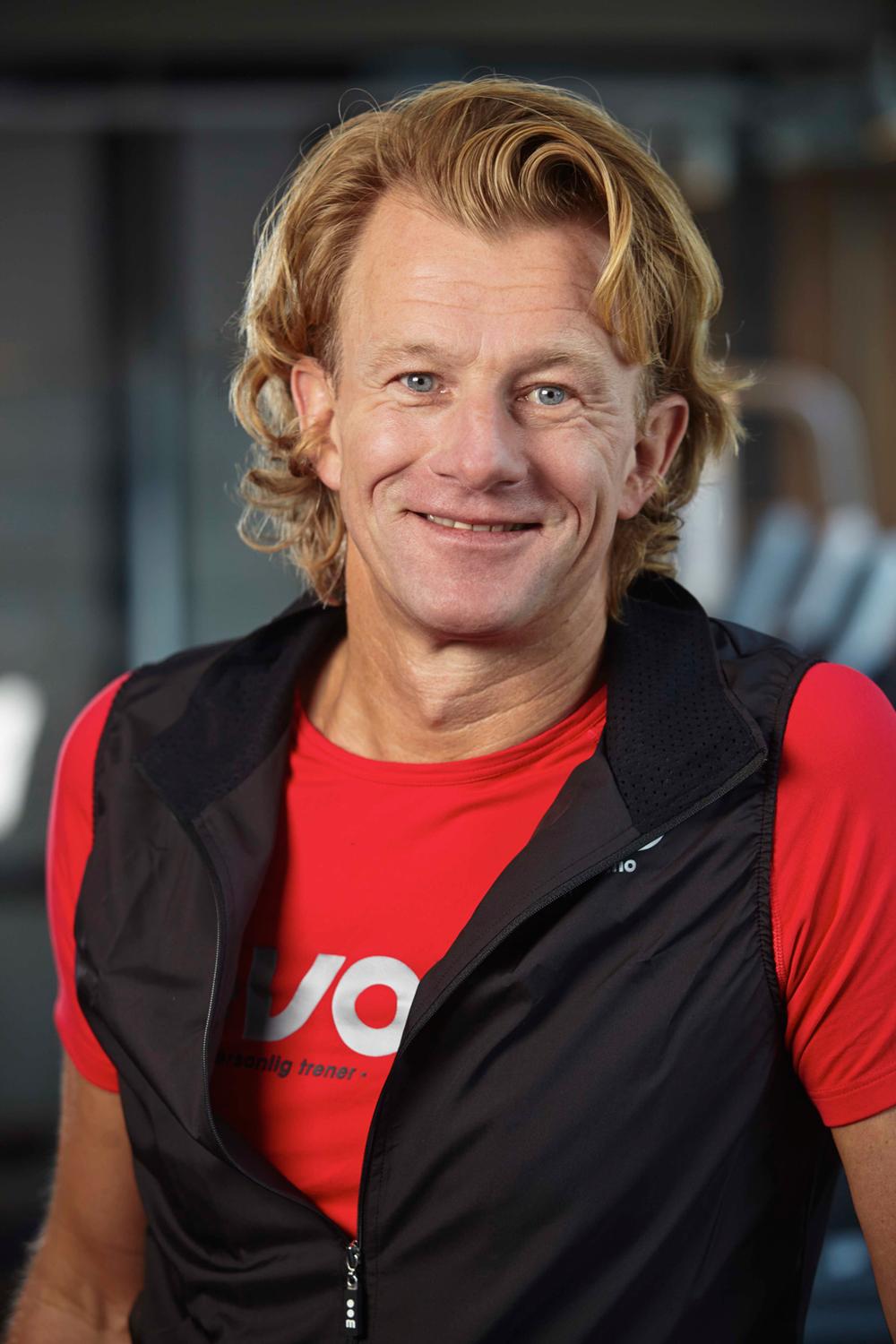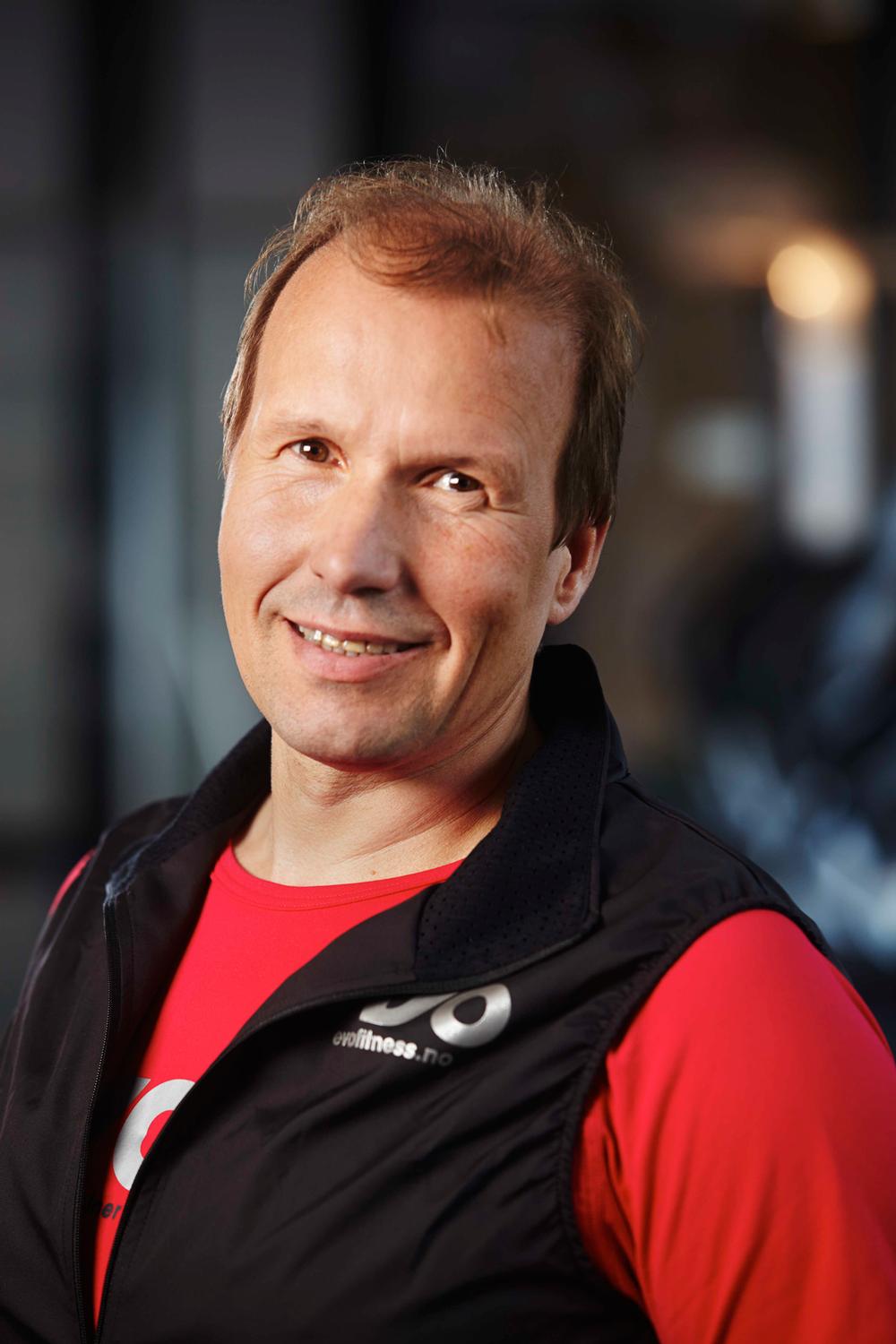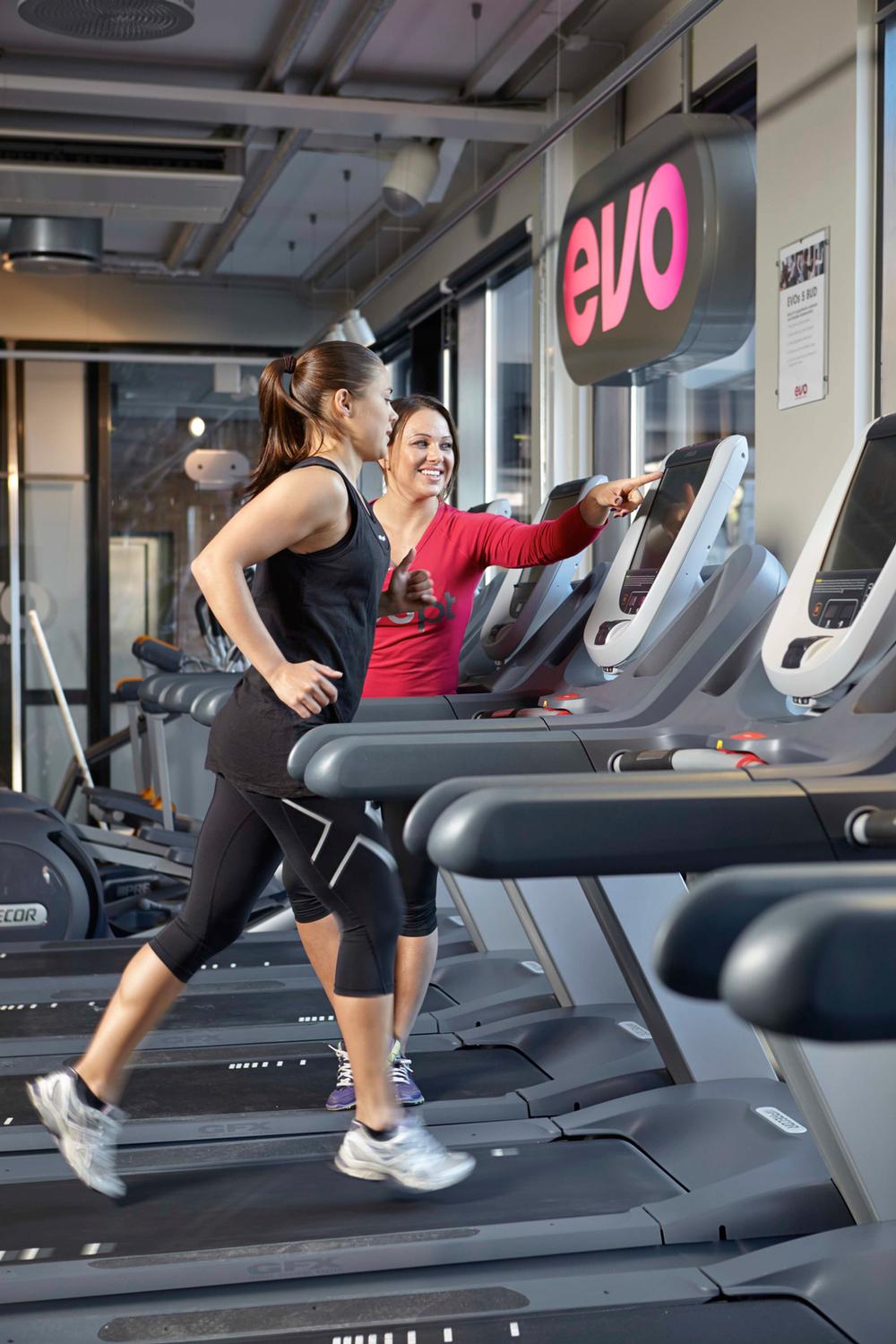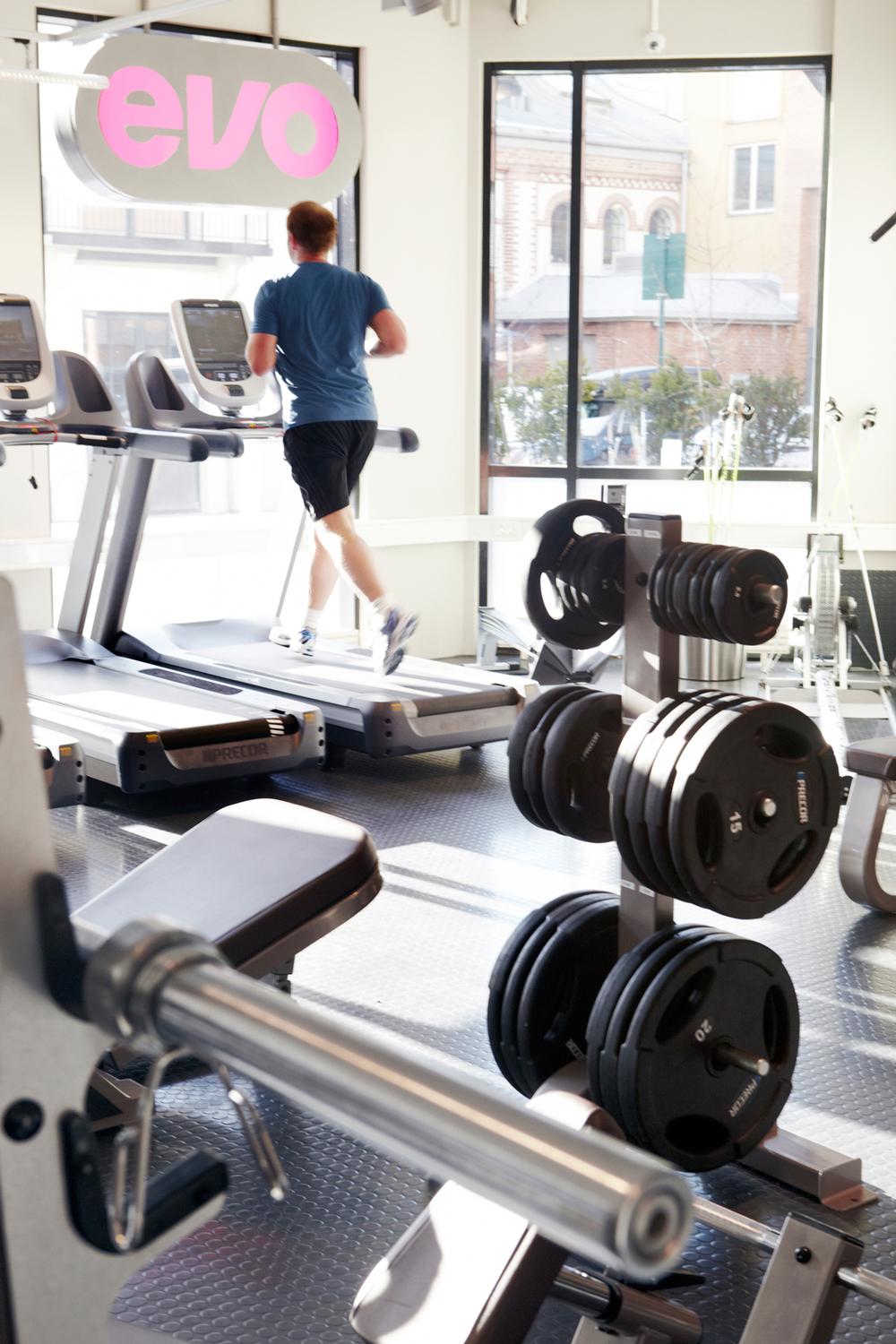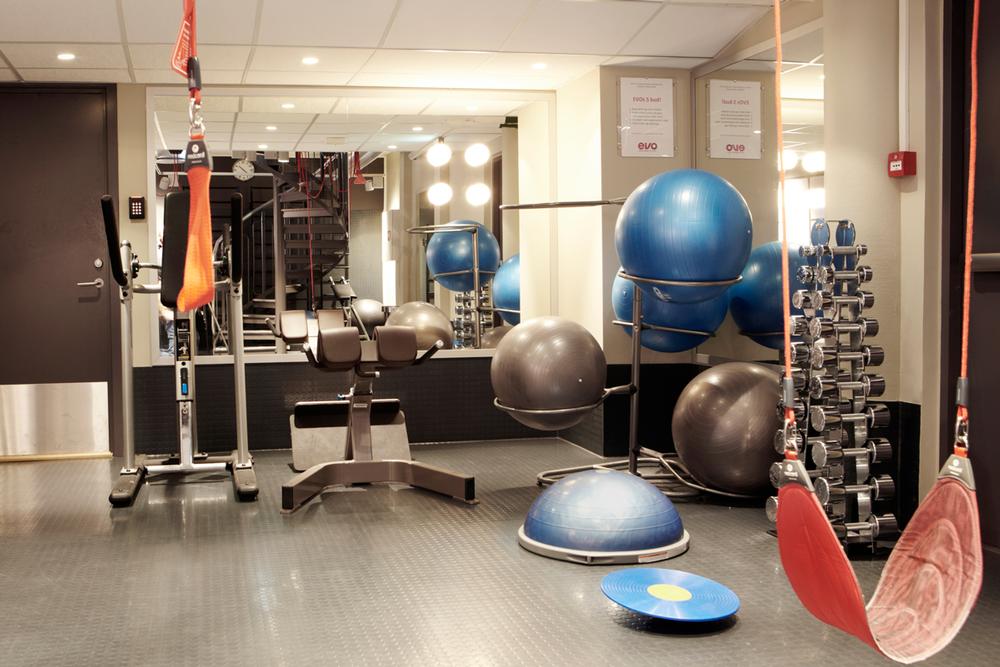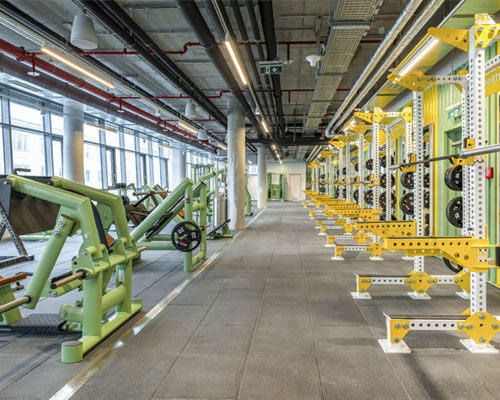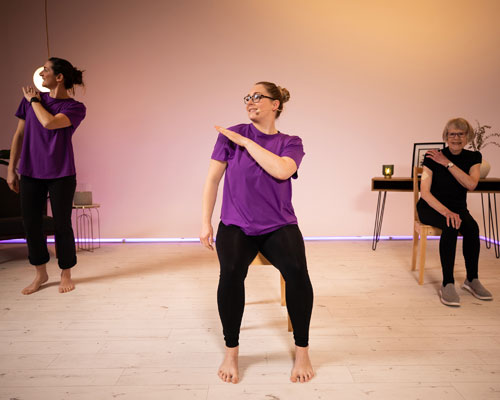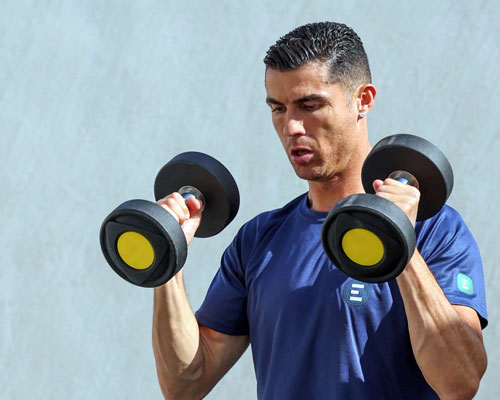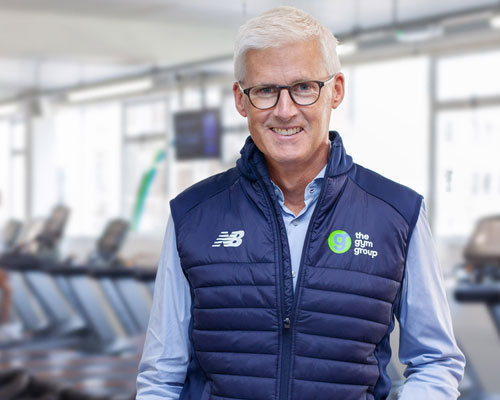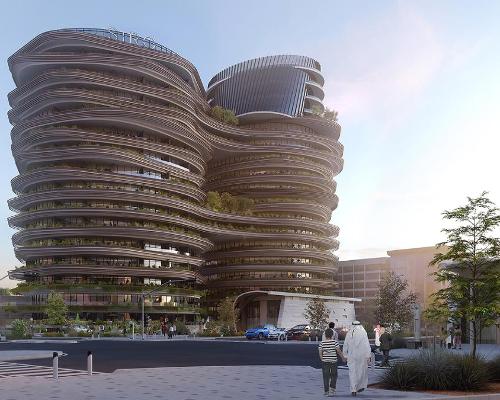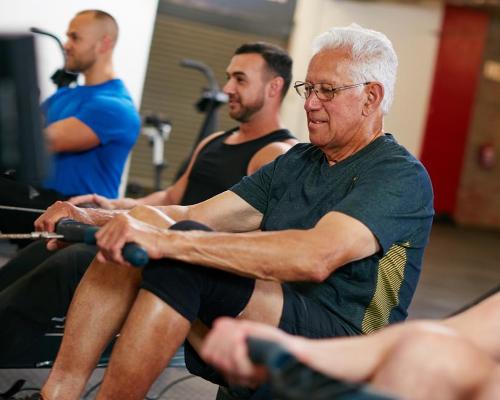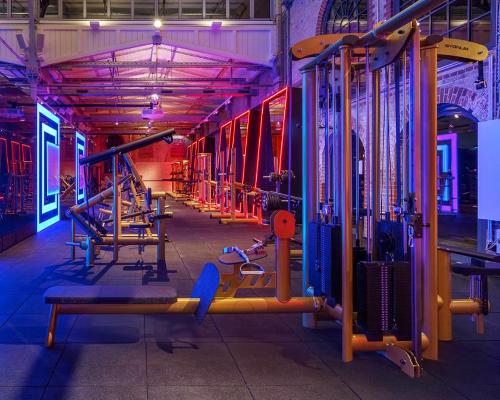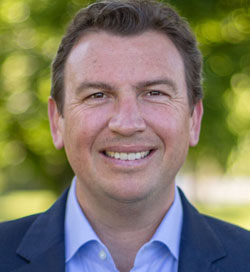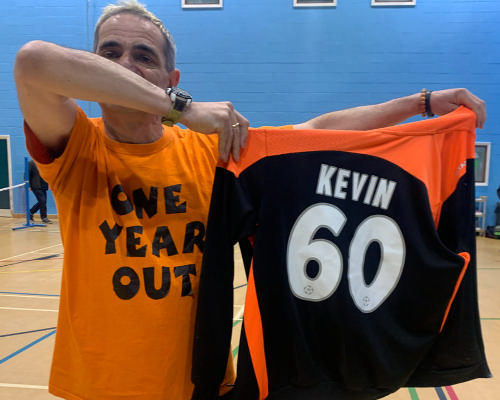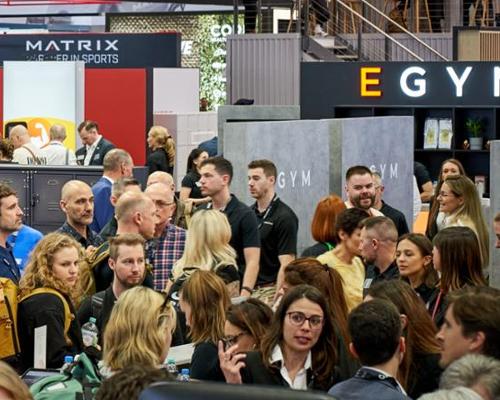features
Interview: Evo Fitness
Bård Windingstad and Peter Byman of Nordic operation Evo Fitness speak to Kate Cracknell about their small format club concept with PT and IT at its heart
“We’d love to do an interview, but you’ll need to come and visit us. That’s the only way you’ll understand our concept.” So began my conversations with Nordic operator Evo Fitness earlier this year.
Only by seeing the clubs for myself, they continued, would I be able to fully appreciate what they meant by ‘compact training’ – the new category of small footprint premium club that Evo Fitness believes it has invented. In spite of its affordable prices Evo was categorically not, stressed its founders, a budget offering. “This is our communications challenge,” added CEO Bård Windingstad. “How do we make it clear that ours are not budget clubs but boutique gyms?”
Having heard the claim of ‘premium low-cost’ many times, I was intrigued to see what it was about Evo Fitness that had led its management to stake out new territory for the brand – so off to Oslo I went.
‘Compact premium’
Although the flagship site measures almost 600sq m, Evo Fitness sites typically occupy a footprint of 450sq m, focusing primarily on residential areas. Compact: check.
But what makes them premium? Certainly they all feature top of the range equipment, mostly from Precor but with seven Technogym sites across the estate. But that in itself doesn’t make the clubs high-end: budget operators also tend to invest in quality equipment that stands up to intensive use.
There is, however, a sense of calm and social etiquette in Evo clubs, resulting in an atmosphere more akin to a high-end club than a busy budget gym. There’s no frenetic feel and noise levels are low. The décor itself is also soothing, with lots of wood and earthy tones throughout. “We wanted to create a space where people felt comfortable, so we used an interior designer who usually only works on private homes,” says Windingstad.
There’s a round leather sofa as you enter each club, where members are asked to remove their outdoor shoes and store them on the shelving provided – only indoor shoes are allowed in the gym itself. This is one of the ‘feelgood rules’ which are explained on collaboratively-worded notices in the clubs – other rules include putting weights back and cleaning machines after use, keeping belongings in a locker, keeping noise levels low, and not hogging equipment.
Evo has also paid attention to a sense that’s often overlooked: smell. Lockers are located outside the changing rooms so the changing facilities themselves don’t smell, and PTs will even diplomatically speak to members whose gym kit is in need of a wash. “We had one instance where the press latched onto this, but the public came out in our defence,” says Windingstad. “Ultimately people want to work out with other polite members in a pleasant environment.”
So what happens if members don’t follow the rules? “We stop their memberships,” says Windingstad. “In July for example, in addition to cancelling the memberships of anyone who hadn’t paid, we threw out 20 members who didn’t follow the rules. We want to attract the right sort of members to ensure everyone using our gyms has an enjoyable workout.”
Driving loyalty
The sense of calm in the clubs has been reinforced by a strategic decision not to overcrowd the gym floors. Windingstad explains: “We analysed 200,000 individual training sessions to determine the characteristics that distinguish members who leave from members who stay. Some of it was predictable: older people and regular exercisers are more loyal. So are members who were introduced to the club by their friends, members who use more than one of our clubs, and members who freeze their memberships – that’s possible for up to six months.
“But the really interesting finding related to occupancy levels. We found that we could measure members’ likelihood to churn based on how many other members worked out at the same time as them. The risk of drop-out was higher when there was only one other member, more or less consistently falling from there until it reached the optimum level – for our 60-station sites, that proved to be 35 other people. After that it began to go up again, because availability of equipment began to drop – and customer satisfaction with it.
“But our model means we only need 750 members to break even – going forward our goal is to get that as low as 400 – so it’s not a volume game for us. In a market such as Norway, where cities are small, the high churn model just doesn’t work in any case.
“We’ve worked out that anything over 1,600 members isn’t actually more profitable for us, because we have to replace more lost members, plus costs such as cleaning also go up. We therefore cap numbers at 1,700.”
USP #1: IT
“Our model revolves around two key elements: PT and IT,” continues Windingstad. But while many clubs – notably the budget operators – use technology to streamline processes and cut costs, the way Evo Fitness has incorporated IT takes it up a notch, actually adding to the premium feel with a cool, gadget-like approach.
Even if you’re not a member, you can turn up at any club and immediately get a day pass access code for NOK150 (£16, €13) by texting DROPIN to 2040 – Evo has signed deals with all of the mobile networks to facilitate this.
But as monthly membership only costs NOK295 (£32, €37), it makes financial sense to join – and this is done exclusively online, as Evo employs no sales staff. The moment someone signs up, they receive a text with an access code that’s valid for 28 days. Within those 28 days, they must sign up to one of three weekly inductions where they’ll be given their RFID key – activated either online or via the member’s mobile phone – to access the club.
“Members manage their whole membership online, from joining and leaving to booking PT or checking their payment history,” says Windingstad. “We have 30,000 members supported by 0.5 of a customer support person at HQ.”
Meanwhile the access gates are just part of a hi-tech security system in all sites, with CCTV and emergency call buttons to speak to security at any point. The security company also goes to all clubs twice a day, unlocking the doors at 5.00am and, at midnight, checking and closing the clubs for the night. “We will spend NOK10m (£1.01m, €1.27m) on security in 2013,” says Windingstad.
The ‘inspiring engineer’
All of this will appeal to those who like their gadgets, but the other customer benefit is speed and efficiency of service. That service may not be delivered by live staff, but it works. In a sector that so often falls down on its service standards, that’s not to be sniffed at – Evo members know what they’ve bought into, and it’s delivered consistently.
“We appeal to a wide range of people, from CEOs to celebs, young professionals to educated families,” says Windingstad. “What unites them is that they’re all well educated and could easily afford a high-end, full-service club – many of our gyms are located right next to such clubs – but they choose to come to us. We give them what they want and we reinforce this with brand standards that focus on reliability, honesty, dedication, value and quality.”
He continues: “We were inspired by three brands: ‘the engineer’ IKEA, ‘the inspirer’ H&M and ‘the rebel’ airline operator norwegian.com. We were more of a rebel when we first launched, challenging the norms: why do you have to offer a pre-joining tour, why do you need reception staff, why do weekend opening hours have to be limited, why do members have to pay for facilities they don’t use? But now we position ourselves as the ‘inspiring engineer’, offering an uplifting environment where everything just works with no fuss.
“We don’t over-promise, there are no ‘get fit guarantees’, and we’re not trying to be the centre of our members’ universe. We just do what we do well. We focus as much on what we don’t do as what we do do – we have no childcare and no group exercise, for example, as it just wouldn’t be cost-effective in our model, which focuses on driving as high a yield as possible per square metre.
“We’re flexible too: members can cancel at any point, even the last day of the month, effective from the following month. We don’t make it hard for them to leave because we know they could well come back to us at some point: in our exit survey, 90 per cent of departing members rate us between four and six out of six for overall satisfaction.”
USP #2: PT
Although IT does much of the work that gym staff would normally do, Evo clubs aren’t entirely unmanned: PTs must commit to certain shifts to ensure there’s someone at the club most of the time, although they can then do as many additional hours as they want.
PTs also have to take responsibility for the club, which isn’t something they might normally expect in their job description. They must ensure the club is clean at all times (cleaners also come in twice a day), the air conditioning doesn’t smell, the sound is at a comfortable level, equipment is working, and there aren’t bottlenecks or queues for the kit. “We compare it to chefs looking after their kitchen,” says Windingstad. “If everything in the gym is in order, the PTs will be able to run better sessions and be more successful.”
In return, PTs are entitled to hold on to a significantly higher proportion of their income than is the norm. And the member profile means there’s a good uptake of personal training: in 2013, the top-performing clubs are expected to bring in PT revenues that equate to as much as 80 per cent of the membership-based income. “PT is booming in Norway at the moment, while group exercise is falling. If PTs put in the hours, they can make very good money indeed,” says Windingstad.
“Because of this, we can be very selective with our PT recruitment. We want PTs with great people skills who will happily talk to members, even if they’re not their clients.”
And from a business perspective, as well as manning the club, the PTs also help drive loyalty. In mid-2012, Evo Fitness profiled its members to identify likely lapsers. It then ran a lottery, offering prizes of six PT sessions to be taken over the course of two months, with many of the possible lapsers among the winners. “By the end of the two months, winners previously identified as possible lapsers were half as likely to churn as those in lower-risk groups,” says Windingstad. “This reinforces our exit survey data: people do mostly leave because they’re not getting results, or don’t know what to do, and PT can help address this.”
Future plans
Off the back of its success, Evo Fitness has just launched a franchise offering which will be the focus of the brand’s expansion going forward – certainly internationally, but also potentially within Norway.
Evo aims to sell franchises in clusters rather than single sites, with the first agreement already signed: premium health club operator Fressi will roll out Evo-branded clubs in Finland alongside its 11 full-service facilities, with plans for 25 sites over five years – an opportunity for the operator to broaden its business base.
Other possible markets are yet to be identified, but fitness penetration rates will be one of the factors analysed.
“We wouldn’t consider countries where the penetration rate is lower than 2 per cent, as this is when the market is just beginning and progress is slow,” says international development director Peter Byman. “Between 2 per cent and around 8–10 per cent, growth is driven by the premium sector. It’s after this point that the market changes, exploding into a number of different models based on segmentation, which allows the market to grow again. This is where the opportunity lies for brands such as Evo Fitness.”
But there will also be more owned sites in Norway. By the time of my visit in mid-2013, Evo had opened 30 clubs in 37 months and was set to reach 36 or 37 by the end of the year. The longer-term aim is to reach 65 owned clubs by 2016.
There’s also a desire to broaden the offering, as Windingstad explains: “We want to move from fitness facility to fitness facilitator, running outdoor activities in the summer and using technology to build communities and encourage members to exercise outside of our clubs.”
Evo Fitness certainly seems to be setting its ambitions high – and with good reason, judging by its performance to date. So what’s the secret of that success? Windingstad smiles: “Ultimately we have no secrets apart from hard work and good technology.”
Evo Fitness – facts & figures
Founders: Bård Windingstad, Peter Byman, Kim Jordsjö
Number of clubs: Set to reach 36 or 37 in Norway by the end of 2013, plus three in Finland
First club launched: 4 January 2010, in Oslo
Monthly membership: NOK295 (£32, €37) in Norway, and €39.90
in Finland. Joining fees are NOK100 and €10 respectively
Positioning: ‘Compact training’
